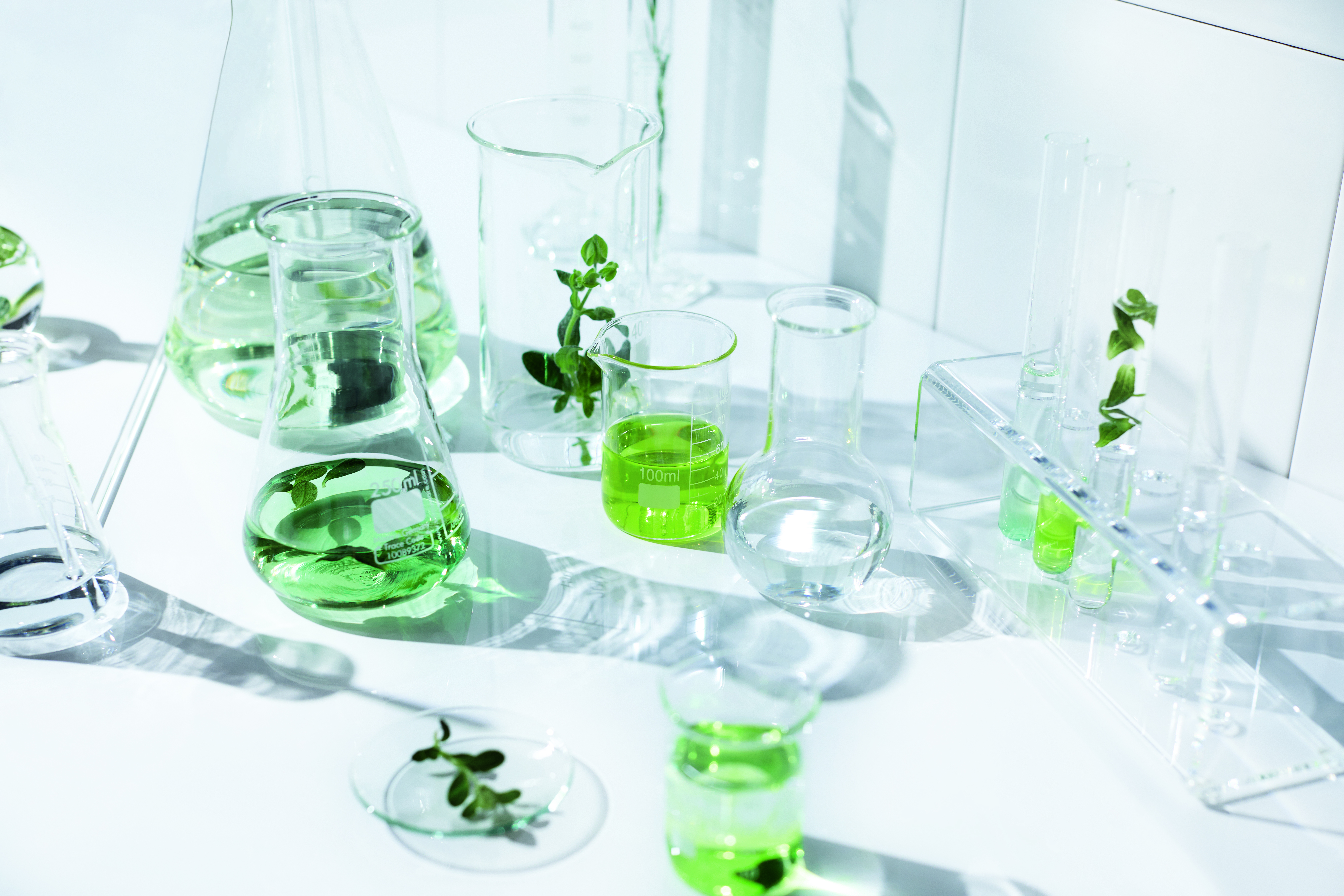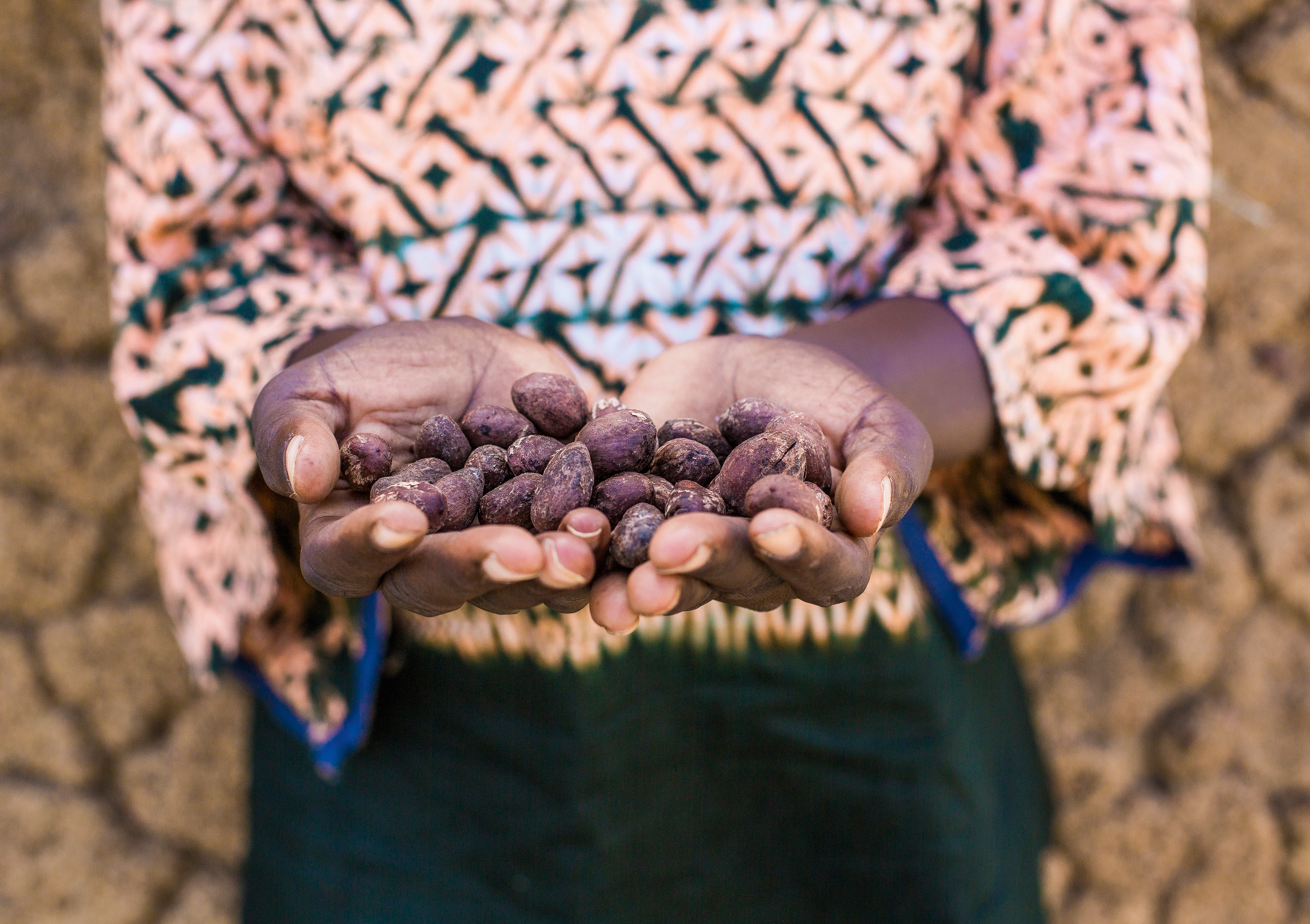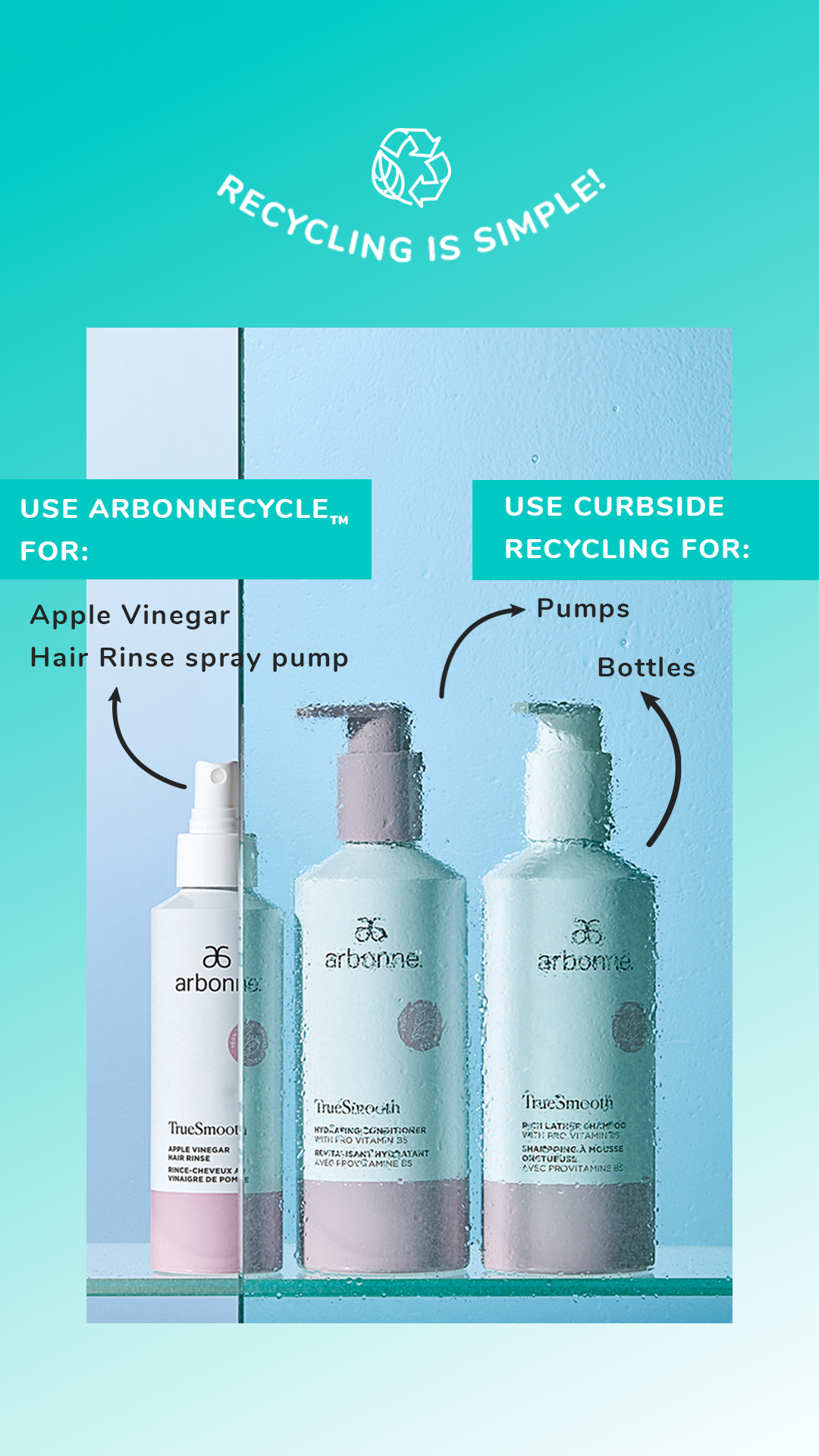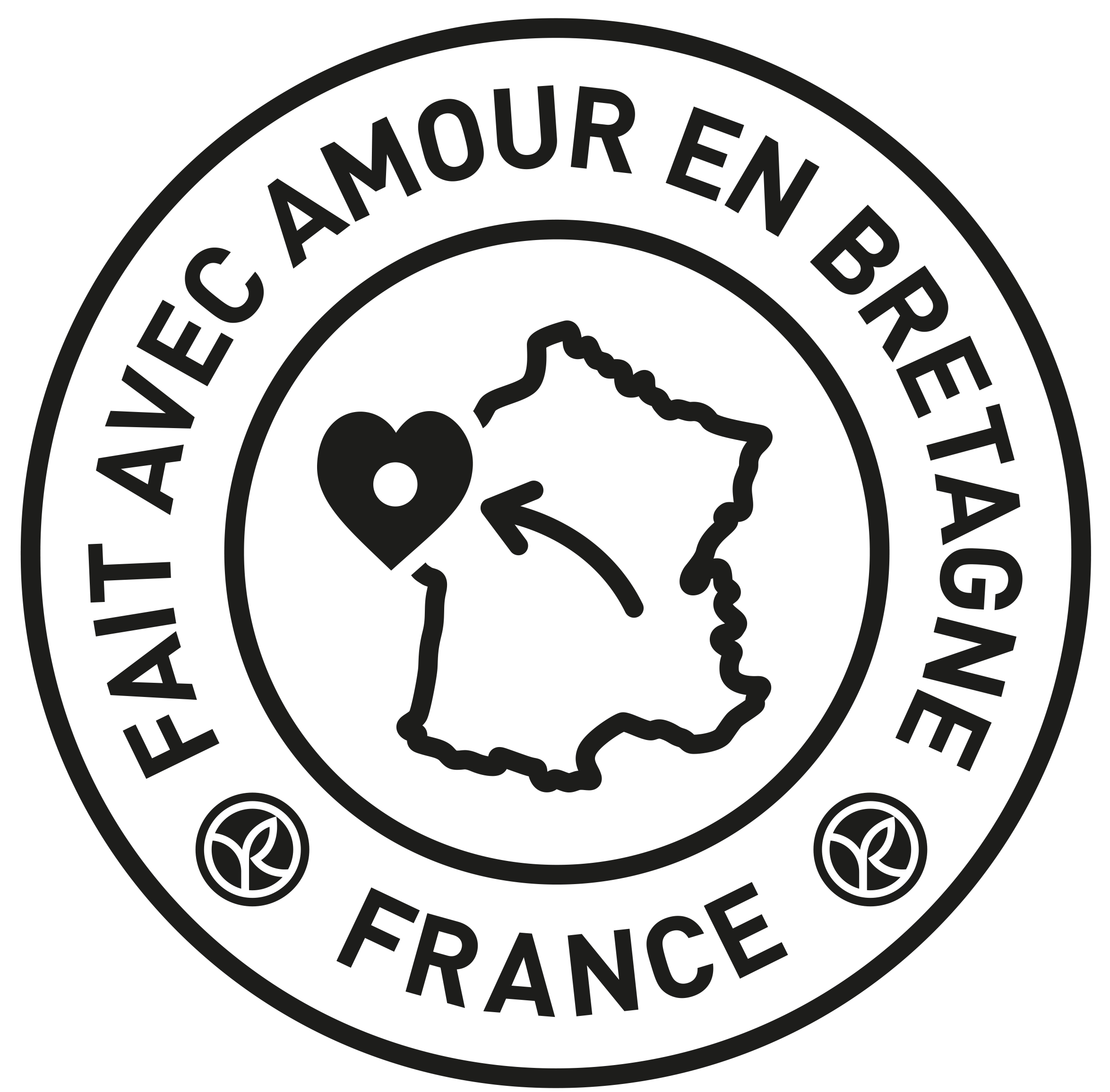Provide a responsible offer
Innovate in a reasoned & reasonable way
Safe and healthy products.
Since the invention of Botanical Beauty® by Mr Yves Rocher over 60 years ago, the Group finds its inspiration in nature while pledging to preserve the environment. It innovates through products that combine quality and respect for the environment.
In the interest of transparency, the Group regularly communicates and faithfully informs its clients about the composition of its products as well as about their origin. It ensures that its suppliers and subcontractors honour the commitments made by each of its brands. Finally, it endeavours to act responsibly throughout its manufacturing and distribution processes, striving to reduce its impact on natural environments while respecting all living things.
Thanks to the mobilisation of all involved – partners, in-house teams and customers –, these commitments are fulfilled at all levels of the company, whether upstream or downstream.
Groupe Rocher places the quality of its products as well as the safety of its customers at the heart of its strategic challenges. This concern is present at every stage of a product’s life, from creation to end use.
In cosmetics, every ingredient, every production stage, each article undergoes a series of tests that are predefined by the Group’s experts (safety assessors, toxicolo¬gists, pharmacists…) and that follow international guidelines.

Responsible raw materials.
First and foremost, thoroughness…
The qualification process for our raw materials includes a series of tests and methods to confirm both the safety of products and respect for the planet. The environmental impact of ingredients is assessed, as is the CSR policy of our suppliers. On this basis, a tool has been devised for the formulation teams to help them select the raw materials that have the best CSR profile.

… followed by ethics
The Group has defined certain rules that must be followed regarding the choice of ingredients, both in-house and with partners.
The sustainable procurement strategy implemented is founded on 3 main pillars:
- conforming to responsible industrial use in terms of quantity and quality;
- protecting biodiversity and ensuring full respect of the rights of women and men involved in the all the sectors*.
- sharing the advantages drawn from biodiversity in a fair and equitable manner, while preserving the know-how of local communities and favouring shared economic, social, scientific and cultural development.
* The sectors are the procurement chains as defined by the following trio: natural ingredients (plant or mineral), suppliers and geographic origin.
Our duty of care.
Within Groupe Rocher, every effort is made to ensure prevention of social, environmental and governance risks linked to its activities or to that of its suppliers and subcontractors. The Group, in an ongoing drive to improve its procedures, works on a day-to-day basis on perfecting its control tools in order to ensure its values are respected worldwide.
Produce better
Enduring and reusable products.
Nowadays, environmental issues are at the heart of citizens’ concerns which leads them to want to consume differently. A responsible brand must favour production systems that respect natural ecosystems, are transparent – both regarding the origin of the ingredients contained in their products and in terms of traceability –, as well as offer its clients more responsible models of consumption.
Groupe Rocher seeks to formalise an ecodesign strategy which reduces the environmental footprint of each of its brands and of its logistical, industrial, tertiary sites as well as of its stores. In parallel, it guides its clients toward more resource-efficient modes of consumption.
This double-approach permeates through all the aspects of a product’s lifecycle: from design to recycling, as well as including marketing or reuse.
Each of Groupe Rocher’s brands is compelled to respect nature, from the development of a product to its end use, in order to provide wellbeing to its customers. As a result of this ecodesign strategy, le Group is committed to a circular economy in order to provide reuse solutions for its packaging as well as for its finished goods.
Thus, the Yves Rocher brand works hard to minimize the impact of its packaging. Dedicated teams have, for instance, developed a reinforced cardboard container for cosmetic powders, which spares around 50 tonnes of plastic per year, and a 60% recycled cardboard casing for the first solid shampoos launched in 2021.
The SABON brand is exemplary in terms of client experience with the reuse of containers: it doesn’t just design reusable glass containers for its products, but also innovates by offering tutorials like “reUSE, reNEW, reLOVE” for its clients, aiming to give products a second life.
Following our products to the end.
In order to reduce the use of virgin resources and the destruction of finished goods, Groupe Rocher has been engaging in information campaigns about good recycling habits and making suggestions for solutions when recycling facilities are not yet available, or if refuse is not collected by the local authorities. The goal being for each subsidiary to find its own recycling solutions.
The Group also works closely with several NGOs to donate unsold new products or unused gifts to people living in precarious conditions. Since 2015, Yves Rocher France delivers its unsold products to the French charity, Dons Solidaires, and Dr Pierre Ricaud offers its overstocked or short sell-by-date hygiene or care products to women in need. The brand has, in this way, donated more than 28 000 cosmetic products to charities and hospital associations in 2021.
ARBONNECYCLE™, A GLOBAL PACKAGING RECYCLING PROGRAMME
Although around 72 % of Arbonne’s finished goods are packed in recyclable packaging, the brand strives to ensure that all of it will be recovered at the end of its life. Working with TerraCycle™, ArbonneCycle™, a non-recyclable packaging returns pilot programme was launched in November 2019 in the USA. This effort was extended to all Arbonne clients in the USA in January 2020, then globally in December 2020. All packaging is now recyclable, whether in the traditional way, or through local authorities sorting systems or via ArbonneCycle™.

Being transparent
In order to make better choices, consumers feel it is essential to be better informed and they expect brands to play their part by being transparent about the products they offer.
Groupe Rocher has not waited for this expectation to become a must to commit to an exhaustive, clear and sincere communications approach.
Regarding the composition of our products.
Since 2020, on their websites, the Yves Rocher brand and its subsidiaries provide details of the origin of all of the ingredients contained it their products, whether natural or synthetic. A list of vegan formulas of more than 700 references was even defined in order to better inform clients who seek these kinds of products.

Our brand’s commitments.
In order to be accountable regarding commitments made, every brand has pledged to publish an annual responsibility and commitments report which is available to stakeholders, and notably, to consumers by 2025.